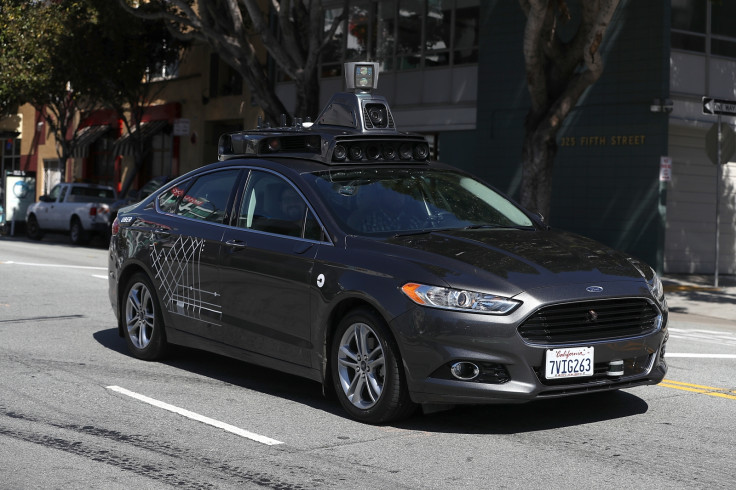Researchers invent new way to test self-driving cars that could save 99.9% testing time and cost
The evaluation process breaks down real-world driving situations into components that can be tested.

Researchers have devised a new way to test self-driving cars that they say could save 99.9% of testing time and costs.
The process has been developed using data from more than 25 million miles of real-world driving and it can reduce the time required to evaluate autonomous vehicles' handling of a dangerous situation by 300 to 100,000 times.
The accelerated evaluation process, developed by researchers at the University of Michigan, breaks down real-world driving situations into components that can be tested by exposing the vehicles to a set of challenging driving situations.
"Even the most advanced and largest-scale efforts to test automated vehicles today fall woefully short of what is needed to thoroughly test these robotic cars," said Huei Peng, director of Mcity and the Roger L McCarthy, professor of Mechanical Engineering at U-M.
To develop the four-step accelerated approach, the researchers analysed data from 25.2 million miles of real-world driving collected by Safety Pilot Model Deployment and Integrated Vehicles-Based Safety Systems. The process involved about 3,000 vehicles and volunteers for a period of over two years.
From the data, the researchers identified events that could contain meaningful interactions between an automated vehicle and the vehicle driven by a human and created a simulation that replaced the uneventful miles with the meaningful interactions.
The researchers programmed their simulation to consider human drivers the major threat to automated vehicles and placed human drivers throughout.
They conducted mathematical tests to access the risk and probability of crashes, injuries, and near-misses.
They interpreted the test results to learn the way the automated vehicle would perform in everyday driving situations.
"Test methods for traditionally driven cars are something like having a doctor take a patient's blood pressure or heart rate, while testing for automated vehicles is more like giving someone an IQ test," said Ding Zhao, assistant research scientist in the U-M Department of Mechanical Engineering.
© Copyright IBTimes 2025. All rights reserved.





















